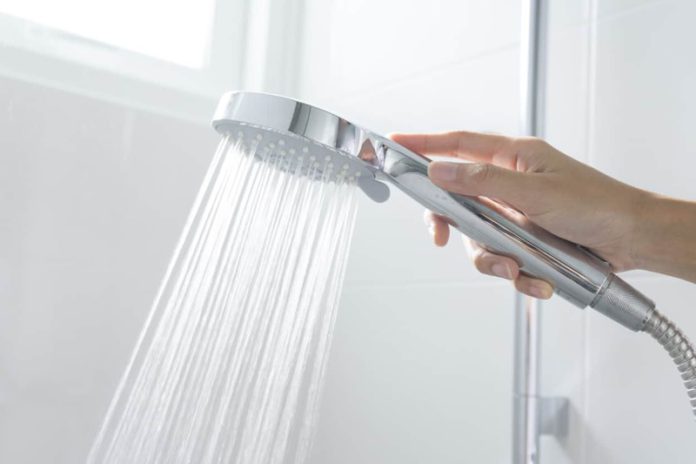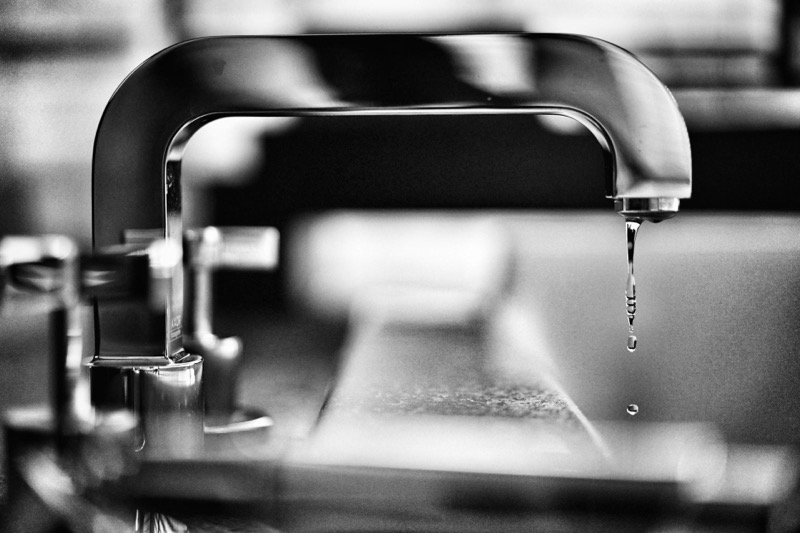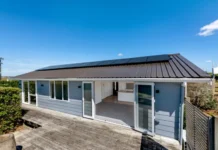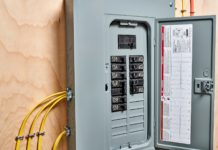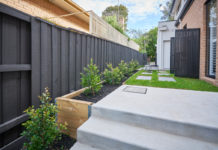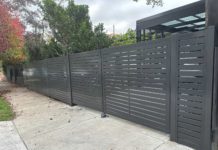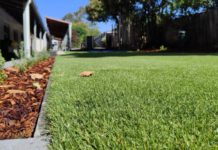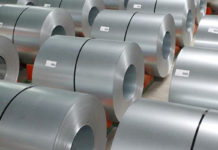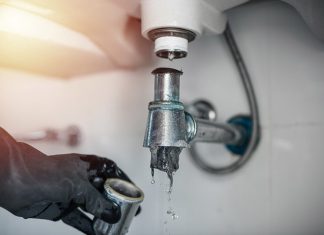Keeping the various plumbing fixtures in a home functional can be a challenging job. When faced with problems with these components, contacting a residential plumbing repair service is important. One of the most common home plumbing problems is a damaged water heater.
If you’ve recently had a new water heater installed, then your main goal should be to keep it reliable and efficient. Most homeowners fail to realize there are a number of things they can do to improve water heater efficiency. Read below for some great tips on how to make your water heater more efficient.
Utilize the Power of Low-Flow Fixtures
Every year, over 9 million water heaters are sold in the United States. When selecting a new water heater, most people put energy efficiency at the top of their list of priorities. If you want to save money long-term, you need to select the right fixtures for your home’s plumbing system. Over the past decade, homeowners have started to gravitate toward low-flow plumbing fixtures.
These fixtures are designed to reduce the water flow rate. If you want to reduce the amount of work your water heater has to do, installing low-flow faucets and shower heads is a great idea. Studies show that low-flow plumbing fixtures can reduce water consumption by up to 50 percent. While you might have to pay a bit more for these low-flow fixtures, they will be worth it in the long run.
Get Rid of Water Heater Sediment
The longer you have the same water heater in your home, the higher the risk will become of calcium and magnesium buildup. Over time, these minerals will settle at the bottom of your water heater tank. Once this sediment sets in, the pressure inside of your water heater tank will rise. This rise in pressure is due to the extra work your water heater will have to do to combat the sediment.
If you want to avoid problems caused by water heater sediment, you need to learn how to drain your tank routinely. Flushing your water heater a few times a year can help you avoid sediment-related issues. If you aren’t comfortable doing this type of water heater maintenance on your own, then hiring an experienced plumber to help out is a wise move.
Adjust Your Thermostat Settings
Did you know that your water heater has a built-in thermostat? If this thermostat is set too high, it can result in a lot of energy being wasted. This is why you need to check your water heater thermostat settings and alter them if needed. The default setting on most water heater thermostats is 140 degrees.
One of the best ways to make your water heater more energy efficient is by lowering your thermostat settings to around 120 degrees. By doing this, you can lower your energy bill by up to five percent.
Insulating Your Water Pipes is a Good Idea
The heat produced by your water heater can dissipate very quickly. If you want to trap this heat and reduce the amount of work your water heater has to do, then insulating your water pipes is a great idea. Insulating these pipes can also improve your water temperature. With some research and the right products, you can get your water pipes insulated in no time.
As you can see, there are a number of things you can do to improve water heater efficiency. In most cases, you will need to reach out to plumbing professionals to accomplish your water heater efficiency goals.
